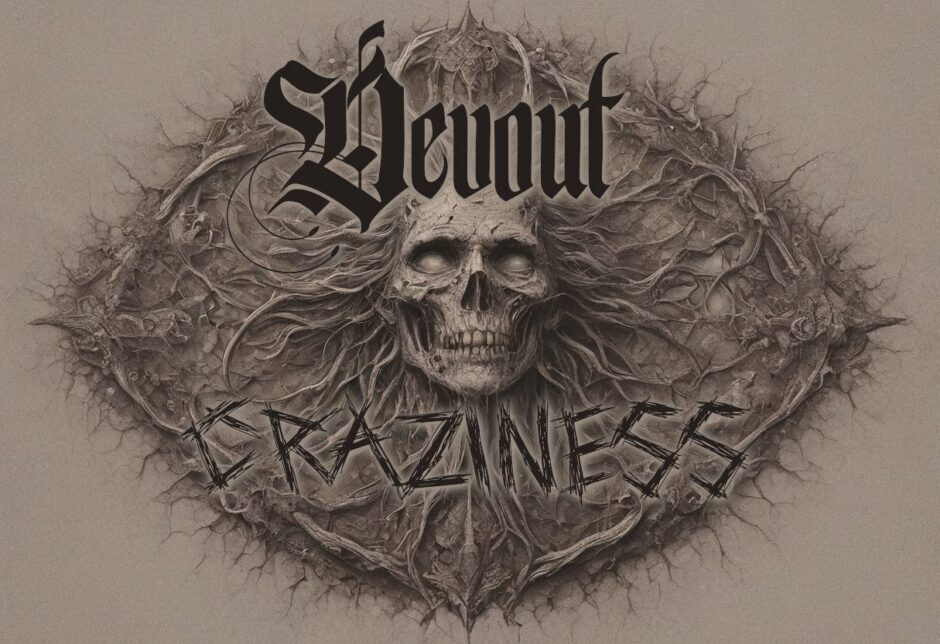THE FOLLOWING IS WRITTEN WITH AID AND PRUDCTION OF AI….
- C.S. Lewis’s metaphysics is fundamentally rooted in a theistic worldview, where God is the ultimate reality and the source of all existence, including nature. He rejected metaphysical naturalism, which views the natural process as the ultimate reality and everything as a product of that process, arguing that this perspective undermines the validity of reasoning and moral judgments when taken to its logical conclusion. Lewis also critiqued dualism, which posits two equal, uncreated, and independent entities, and instead championed theism as the most coherent metaphysical framework.
- Lewis’s metaphysics draws heavily on Augustinian and medieval sacramental thought, which sees the universe as a text written by God, a means of divine self-revelation. This view holds that the perceptible world is a “mirror or a divine footprint” (vestigium) that leads humanity to love and praise its Creator. In this framework, every creature—human or animal—possesses being, goodness, and form as a pure gift from God, and thus exists in ontological dependence on its Creator. This dependence means that creatures are not autonomous but signify or point back to their divine source. Lewis instantiated this metaphysics in his Chronicles of Narnia, where the world of Narnia is portrayed as a shadow or copy of the eternal, real Narnia, which has always existed and will always exist.
- While Lewis was influenced by Platonic thought, particularly the idea that physical things are dependent on higher realities (like Forms), he diverged from pure Platonism by rejecting its impersonal nature and the tendency to diminish the reality of individual creatures. Instead, he developed a metaphysics where a personal, Trinitarian God, who is absolute Being, Goodness, Truth, and Love, creates the universe ex nihilo. In God, these attributes are inseparable, and because goodness and love are self-diffusive, they overflow into creation, which thus reflects the nature of its Creator. Every creature, therefore, possesses a “trinity of characteristics—limit, form, and order”—that allows it to stretch beyond itself and point back to God.
- Lewis also argued that the existence of certain natural desires, such as the longing for immortality or spiritual fulfillment, acts as a “cosmic pointer” to a real supernatural satisfaction, suggesting that these desires are not arbitrary but point to a reality beyond the material world. He viewed reason as the natural “organ of truth” and imagination as the “organ of meaning,” believing that ideas are grasped clearly only when associated with images. His metaphysical framework was thus comprehensive, integrating philosophy, literature, and theology to present a vision of reality where all truth ultimately points to Christ.
I was watching the movie Donnie Darko and the idea of metaphysics came into my mind. Because this movie does bring into focus some aspects of reality that cannot otherwise be explained by natural means. It particularly entertains ideas of time travel.
I myself do believe in the theology of the Holy bible and the Abrahamic God and His son in human form Christ.
I am mostly convinced by writers most notably Clive Staple Lewis which is exactly why I included his insights into metaphysics. I am not by any means well versed in any of it.

Leave a Reply